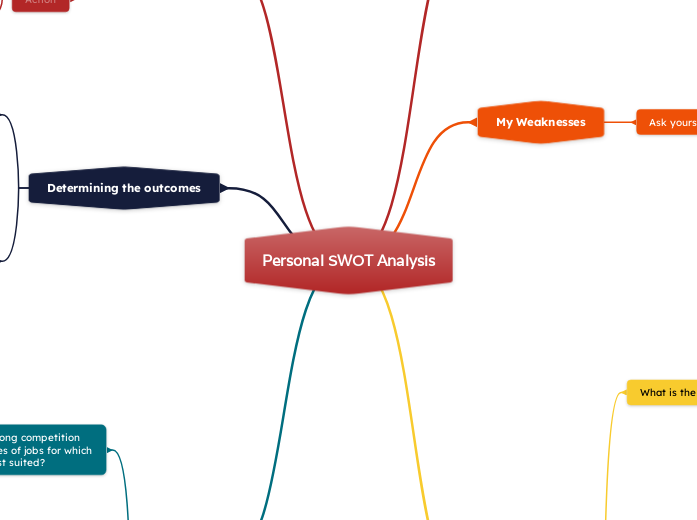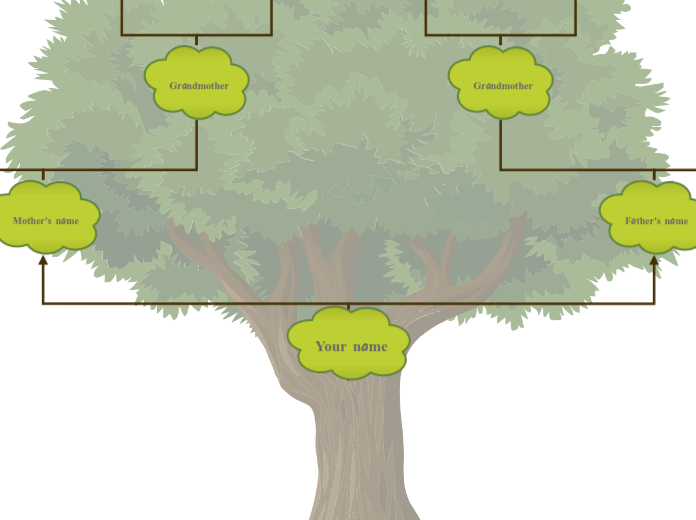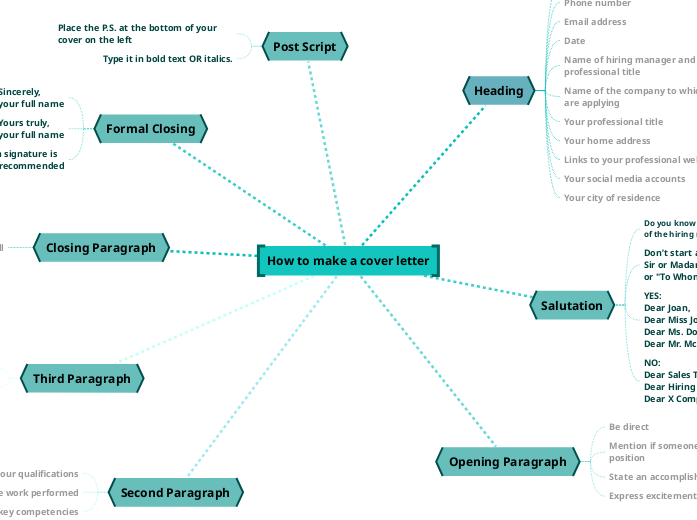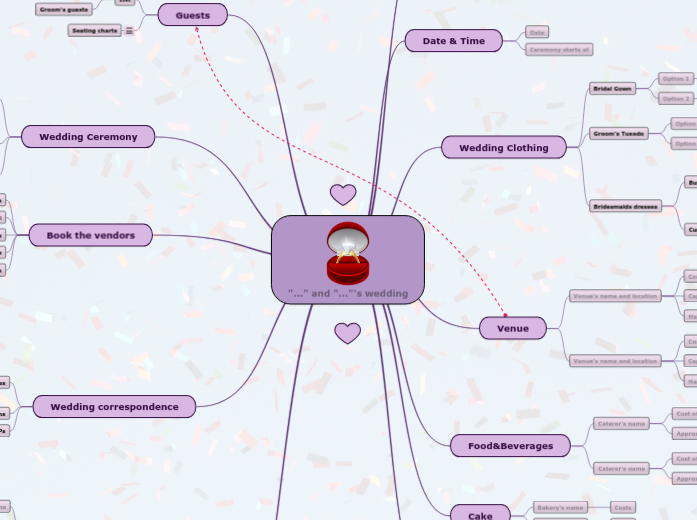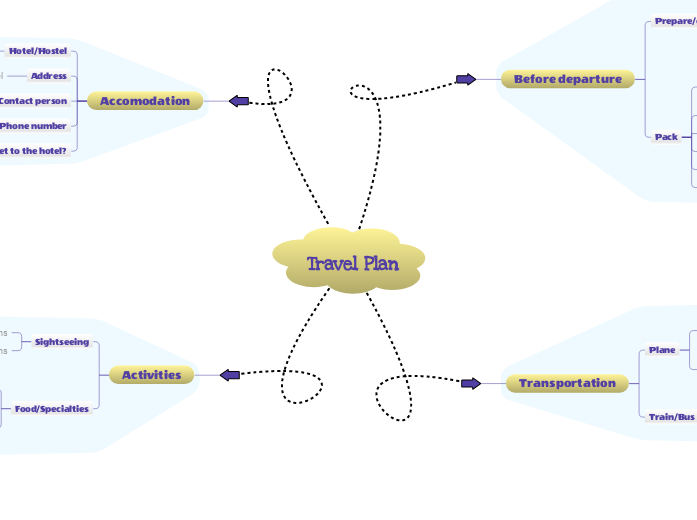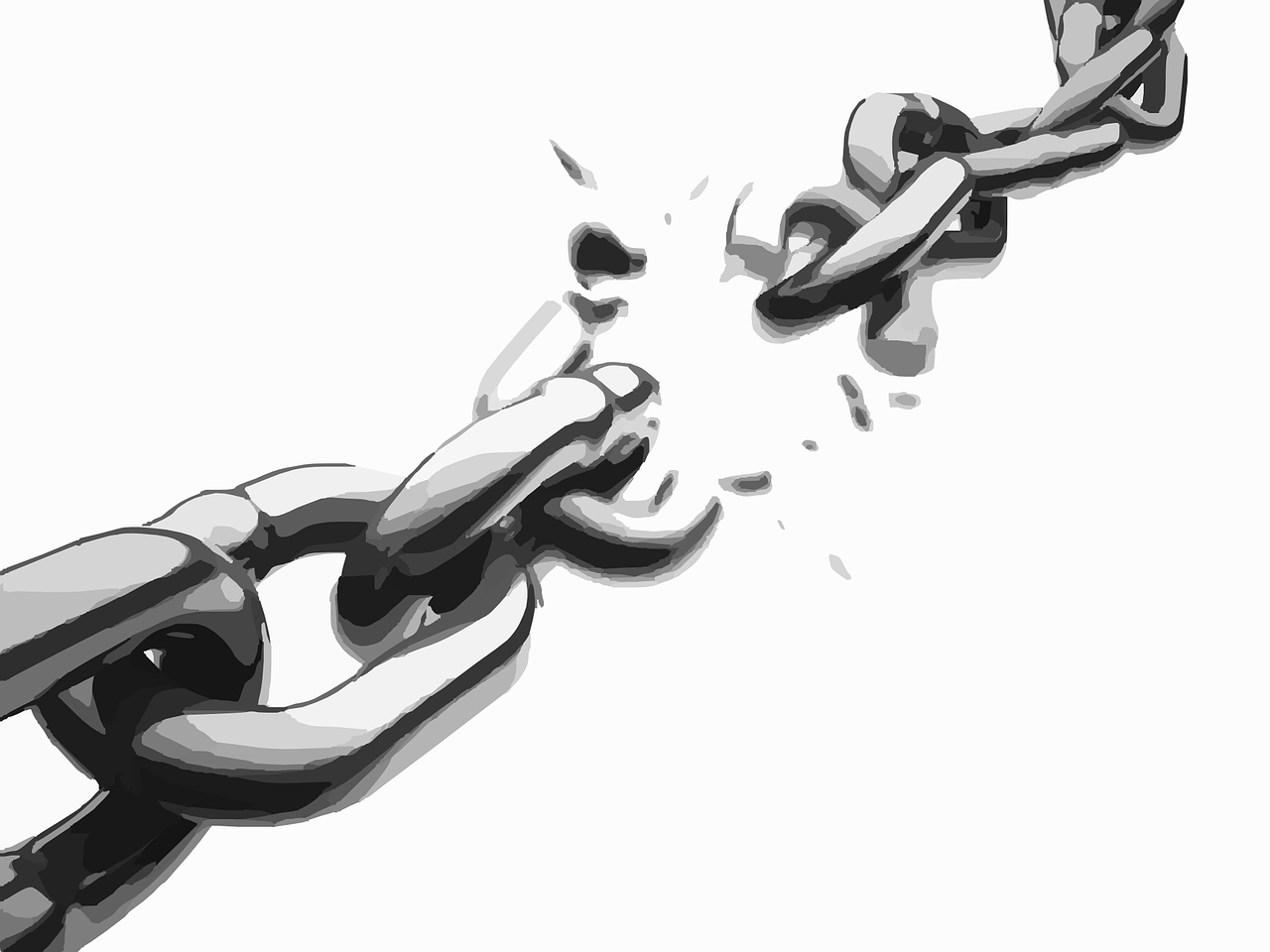What is the personal swot analysis?
SWOT is an acronym that stands for strengths, weaknesses, opportunities, and threats. You can use it to analyze these aspects for a business or personal development. Use this personal swot analysis template to find your personality strengths, weaknesses, challenges, and opportunities you can encounter in the future.
In order to ensure the career growth you are looking for, you have to make sure you not only complete this template but also take action immediately and achieve your goals.
After analyzing your personality strengths, bad habits, personal goals, and external factors, note down the actions you will take and keep track of their progress.
The whole process includes tracking your progress as well. You can also do that using this free swot analysis template.
When conducting a personal swot is a great idea?
This analysis is a great personal development exercise, and you can do it anytime in your life. However, there are some specific moments when you will get the most out of it.
For example:
In College/University: when you are a student, it is the perfect time to get to know yourself and discover who you want to become. Swot analyses are a great tool to identify your strengths, and weaknesses, along with the external factors: potential opportunities and threats. When you are in college, it can help you decide what University is best for you, and when you’re a student at University, it can guide you to choose the perfect career.
Before going to an interview: when you apply for a certain position, it is mandatory to know yourself and be aware of your value and your drawbacks. Similarly to social media, everyone wants to show their highlights and achievements, but it is important to have a real opinion about yourself. This swot matrix will give you a more objective perspective about yourself, and you will know what jobs suit you and how to highlight your qualities.
When you start a business: Swot analyses are always used for business purposes, but it is also important to apply them as a personal development tool. In other words, when you start a business, it's the perfect time to review all your personal traits. Moreover, by doing this exercise, you will be aware of the internal factors: you identify your strengths and weaknesses - this is very important for a leader or a CEO. You also identify the external factors: opportunities and threats projected on you, not your business. Think about how these will affect you as a leader of your future company and how to deal with all of them.
Personal SWOT Analysis
The Personal SWOT Analysis will provide insights based on your personality strengths and weaknesses, challenges you see ahead, opportunities present around you now, as well as future favorable circumstances.
Threats
Finally, look at any threats to your career growth. This part accounts for the external factors that could hurt the chances of attaining your goals.
What is the biggest external danger to your goals?
List out all the things that affect your work due to the external environment. See below a few examples and feel free to add your own:
1) Family problems
2) Issues in your marriage
3) Anxiety (mental health issues)
4) Childcare, etc.
Things that affect my work
Is your industry contracting or changing direction?
Where do you see yourself in the next 5 years? Will there be a drastic change?
List out future changes that you will have to add or avoid if you own a business.
If you have a job, will advancement in technology cost you your job?
Future changes
Is there strong competition for the types of jobs for which you are best suited?
Performing this analysis will often provide key information – it can point out what needs to be done and put problems into perspective.
These are sample questions and sample answers, please feel free to add your own questions and answers.
What obstacles do you currently face at work?
Could any of your weaknesses lead to threats?
Are any of your colleagues competing with you for projects or roles?
Determining the outcomes
Once you have listed out your SWOT - It's now time to evaluate and determine further steps that need to be taken in order to achieve your goals.
There are mainly two methods:
1) Matching
2) Turning negatives into positives
Turn negatives into positives
The other method is converting your weaknesses into strengths or threats into opportunities.
For example: growing a skill set through education, finding a creative way to feature a weakness as a strength, etc.
Threat into opportunity
Weakness into strenght
How?
Matching
You can evaluate your results using the matching method, which means connecting two of the categories to determine a course of action.
Please see a few examples here.
Weaknesses & Threaths
Matching weaknesses to threats exposes areas you should work on or situations to avoid, letting you know where to be more defensive as well.
Strengths & Opportunities
For example matching strengths to opportunities shows you where to be aggressive and take action.
Results
Taking Action
This is the most important step of all: bringing the plan into action.
Start using your results to track your progress. Set up measurements and milestones and keep working toward them. Step by step, you will get where you want to be, so get started now!
Action
Progress
Opportunities
For the opportunities section, look at the external factors you can take advantage of in pursuing a promotion, finding a new job or determining a direction for your career.
What personal growth do I see?
What will you gain from the opportunities that you might take advantage of?
List out all the things that will help you.
Here are some examples:
- Learning new technologies
- Interacting with people currently working in that field
- Better Pay
- I will be able to teach and help other fellow colleagues
- This will help me move up in the organization
Gainings
Is there new technology in your industry?
'Technology' is not equal to Information Technology. For example, if you are in the soap-making business and you bring machines that speed up the process, you have introduced new technology or a process.
- Is the process you currently follow going to change?
- What changes do you need to make in the current process to improve it?
- How much time will you need to learn the new technology?
Add some questions and answers related to your industry and niche.
Is your industry growing?
- What Niche or Industry are you currently working in?
- Do you see potential growth in your industry?
- Do you see a better opportunity where you can excel?
- Will it create more jobs?
Try to create your own questions and answers that relate to your industry.
What is the state of the economy?
Question
If you plan on changing your job or investing in your own business:
- Is this the right time to invest in your business?
- Will you get your desired salary if you change your job right now?
- Will you get the desired ROI if you invest right now?
Have you calculated the risk involved?
Add a few questions and answers of your own related to the industry that you work in.
Answer
My Weaknesses
This part examines the areas which you need to improve and the things that will set you back in your career.
It is really important to be honest when you list out your weaknesses.
What would other people see as your weaknesses?
Ask people around you about your weaknesses - such as the colleague sitting next to you, your sibling or your best friend.
Personal Habits
Personal habits have a significant impact on people around you OR influence the impression you create in someone's mind.
List out those bad habits that you have. Here are some questions to help you:
- Do I bring strong smelling food to the office?
- Do I smell?
- Do I tell inappropriate jokes?
- Do I play out music too loud?
Bad habits
Inattentiveness
Do you pay attention to how things are in done your workplace? Each company has a different working environment, so make sure to observe how things are done in that company.
Here are some questions to help you:
- Do I pay attention to what people tell/advice me to do?
- Do I ask someone to repeat themselves because I was lost in my own thoughts?
- Do I eat my lunch on my desk while others eat in the cafeteria?
- Do I pay attention to the dress code the company follows?
My flaws
Body Language
Body language is nonverbal communication, such as facial expressions, body posture, gestures, eye movement, touch and the use of space.
List out those weaknesses here. Here are some questions to help you:
- Do I have a weak handshake?
- Am I not making eye contact while talking to someone?
- Do I subconsciously shake my leg while sitting?
Weaknesses
Does any part of your education or training need improvement?
Do you have stage fright? Or do you become nervous and sweaty when you give a presentation in a room full of people staring at you?
That is something you should definitely work on!
List out such things that you need to improve.
My presentation skillsMy public speaking skillsI need to be more detail-orientedI need to be Less InsecureOther
Skills to improve
What are your negative work habits and traits?
Have you ever heard a mother yell at her kid 'Get off your phone or I will throw that phone away'?
Again, be honest and list out all those negative work habits that you have. Your parents/wife/husband/colleagues might help you correctly point them out if you are stuck!
I Procrastinate a lot!I constantly arrive late at workSocial media addictionUnable to keep track of my expensesOther
Negative habits
My Strengths
Begin by identifying your strengths. These are the traits or skills that set you apart from others.
List out all your strengths - if you get stuck, talk to people around you and ask for their input. Please be honest with yourself.
Ask yourself these questions
These are sample questions and sample answers, please feel free to add your own questions and answers.
What are your talents, or natural-born gifts?
Skills that you are naturally born with
Have you ever heard someone say 'you are as hard-working as your dad'?
If you are unable to point them out, ask people around you, most likely someone from your family will be able to tell you your Natural Talents.
Choose from the examples below or/and add others:
I am an IntrovertI am a quick problem solverI like to innovateI am practicalOther
Talents
What skills have you worked to develop?
What are the Skills that you have developed over time?
These are the skills you have learned because you view them as essential OR people advised you to acquire them in order to improve yourself.
Choose from the examples below or add others:
Writing SkillsAnalytical and Research skillsLeadership and Management SkillsAbility to Plan, Organise and Prioritise WorkAbility to Make Decisions and Solve problemsOther
Skills
What are you good at naturally?
This is something that you learn unconsciously OR you learn by just observing someone you look up to (family/ colleagues/ teachers etc.)
Take a deep breath, close your eyes, think for a minute and type in your 'Natural Strengths' here.
Choose from the examples below or/and add others:
FocusedTaking InitiativeHonestIntegrityCountinous LearningOther
Natural qualities
